Top: A collage of pictures showing piles of squared timbers Sam Tomosiayah, an illegal logger, harvested in Darmo’s Town in Gbarpolu’s Bopolu District. The DayLight/James Harding Giahyue
By James Harding Giahyue
Editor’s Note: This story is a part of a series on an illegal logging activity commonly called “Kpokolo.”
DARMO’S TOWN, Gbarpolu County – Nearly a dozen huge piles of heavy, squared timbers are covered with palm thatches on the side of a road that branches from the Suehn Mecca-Bopolu highway. More, smaller piles are scattered in the forest here.
The woods are actually the products of a logging agreement between a Liberian-Indian company named Raytech International and the people of Darmo’s Town in Gbarpolu’s Bopolu District.
But unlike in a legal logging deal, the company and community did not obtain any rights to sign the deal. The Forestry Development Authority (FDA)—at least—did not officially authorize it. It is part of an illicit logging operation called “kpokolo” that involves shaping the woods like boxes to fit neatly in containers and smuggled out of the country.
Called block wood by the FDA, kpokolo operation thrived in plain sight for years until an apparent ban on the illicit activity in the third quarter of last year. It had become one of the most common forestry violations, particularly in the last three or four years. It harnessed the tide of political neglect in rural communities, the legacies of failed logging contracts, and the ineffectiveness and involvement of the FDA.
In Darmo’s Town, it all started during the rainy season in 2021 when a man on a motorcycle visited the area. Sam Tumosiayah, an agent of Raytech, asked chiefs and elders to grant him access to the forest there. Tumosiayah had established the company in January of that year, according to its article of incorporation.
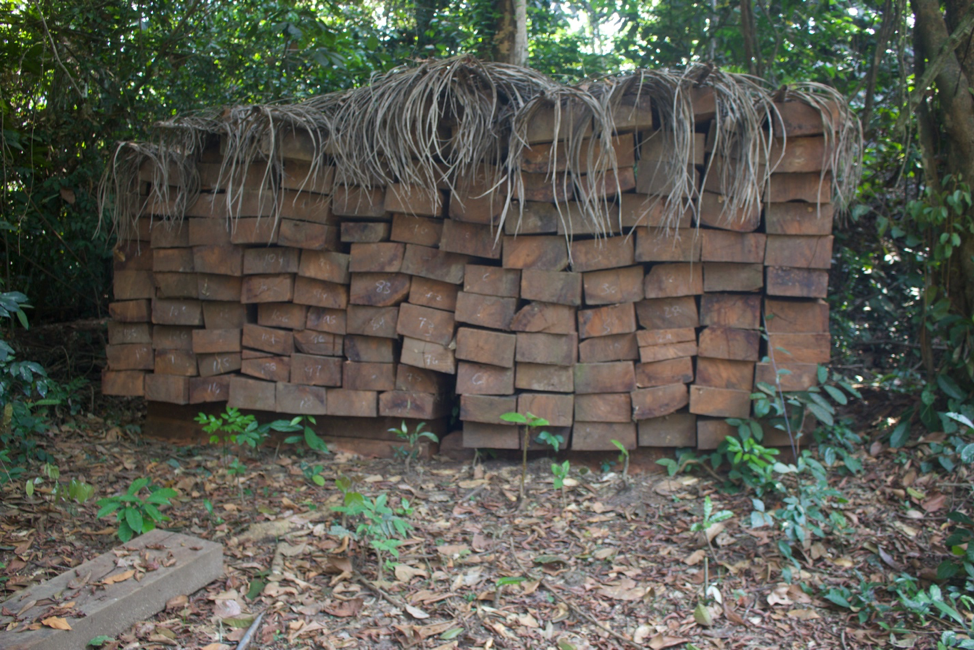
In exchange, Tumosiayah, a resident of Somalia Drive in Monrovia, promised the townspeople to repair a major bridge leading in the area among other things.
“Then they agreed to give the landowner their tolls directly. Even our town has received tolls,” said Mamadee Harris, a resident of Darmo’s Town, in an interview with The DayLight.
Peter Vah, the local manager of who Raytech, said the company paid villagers L$100 for each piece of kpokolo measuring six inches in height, 12 inches in width and seven feet in length (6X12X7). He said the company had not discussed with locals about the 12X12X7 timbers it cut.
Vah said Raytech produced a total of 2,300 pieces of kpokolo in the one year and three months it has worked in Darmo’s Town. “The first batch of kpokolo we produced was 500 pieces and the next one 1,800,” said Vah, who said his duties included finding trees and supervising the harvesting. “Nothing has been sold. Some are in the bush, and others in Monrovia.” The DayLight could not independently verify Vah’s figures.
In a mobile interview with The DayLight, Tumosiayah lied that the company had only cut 150 kpokolo in Darmo’s Town. He then diverted from the issue after this reporter presented proof the newspaper had gathered on Raytech’s operation.

Legal Documents
The FDA may have banned kpokolo operations in the third quarter of last year as pressure mounted on the agency to stamp out illegal logging, according to some of the illegal loggers and rangers at a number of FDA checkpoints. Kpokolo first appeared in the news in September last year.
Tumosiayah said he and other kpokolo loggers were appealing to the FDA to lift the ban to allow them to sell thousands of kpokolo left in various forests across the country. “Our business on the market is not going like before. We are catching some difficulties,” he said.
Tumosiayah thinks his kpokolo operation is legal because his business is registered and pays taxes. “Some people are cheating and defrauding the Liberian government,” he said. “But if you have legal documents to do X,Y,Z, the government will say, ‘Yes, this is a Liberian person.’”
Tumosiayah’s thoughts are not backed by law, as a company needs more than an article of incorporation and a business registration certificate to do logging. It must show the capacity to do logging, sign a contract, conduct an environmental and social impact assessment (ESIA), produce forest management plans, and obtain a harvesting certificate. There are also standards for harvest, export and communities’ benefits.

That aside, there are other issues with Raytech’s papers that further expose its forestry violations. Its article of incorporation only lists Savid Muhammed Kutty (40 percent) and Jilt Joseph (10 percent) as two of its three shareholders. The third shareholder, however, is omitted. Based on its tax-payment history, both men are foreign nationals but the company’s business registration certificate identifies it only as Liberian-owned. And Raytech amended its article of incorporation in Oct last year, according to the tax-payment record. Its new legal documents are not registered at the Liberia Business Registry as of last month and do not reflect the amendment. That is a violation of the Business Association Act, which requires firms to register changes to their legal papers.
Between June 2, 2021 and January 25 this year, Raytech brought in nine foreign nationals into the country, three of them twice, according to the company’s tax payment records. It made no payments for work permits, despite showing Kutty, Joseph and three of their colleagues obtained non-ECOWAS resident permits at least once. The other three men are Sijomon Verghese, Manilal Sasi and Sinojin Augustine.
In Liberia, shareholding or beneficial ownership, work permit and resident status are crucial to things such as taxes, business rights and logging eligibility. Kutty did not return queries via WhatsApp for comments. Joseph said he was no longer a shareholder in the company, without providing any proof.
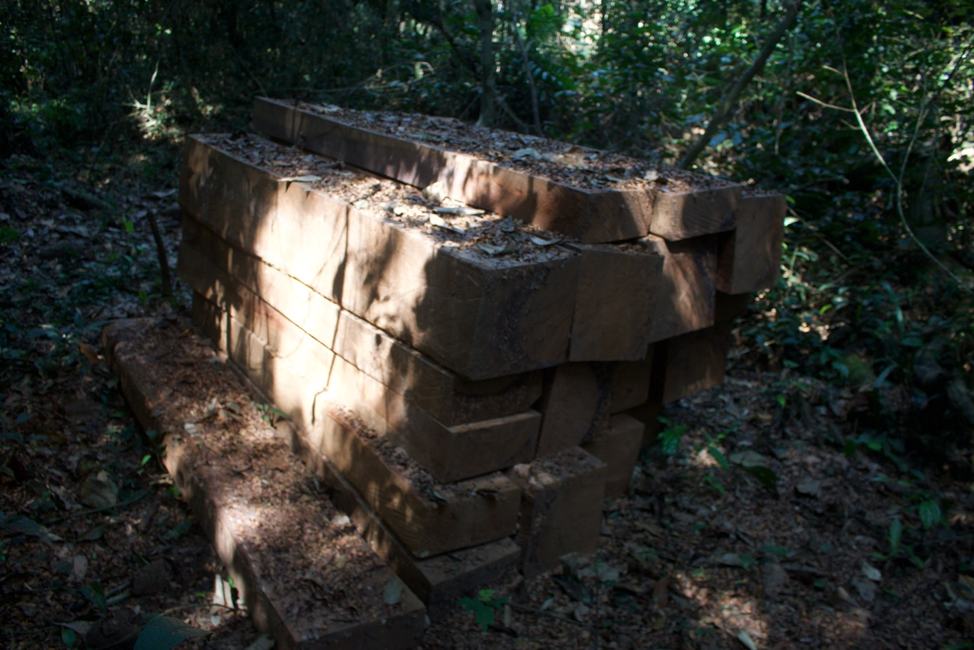
In our phone interview, Tumusiayah claimed that he was Raytech’s majority shareholder and did not know of the omission. He further claimed that he had gone to the business registry to check the documents and would call The DayLight. However, efforts to conduct an in-person interview with him did not succeed, and he did not return further calls.
The Managing Director of the FDA Mike Doryen did not reply to an emailed inquiry on the status of kpokolo operations countrywide. However, addressing delegates at a recent forest and climate change forum in Monrovia, Doryen blamed communities for widespread illegal activities.
“These communities are undermining our efforts to deal with violations,” he said. “People go in the communities and take money from other people to harvest and transport timber to town, harvesting double-board foot outside what is required by law, it is illegal logging,” Doryen added.
While there is plenty of evidence that backs Doryen’s comments, the FDA itself has benefited from the unlawful activities. It collected fees from kpokolo operators for years but there are no records that they remitted them into the government’s coffers. An investigation by The DayLight last month revealed a number of receipts the FDA issued an illegal logger in Ganta, Nimba County. They matched other kpokolo receipts obtained so far. Doryen did not respond to a list of questions at the time.

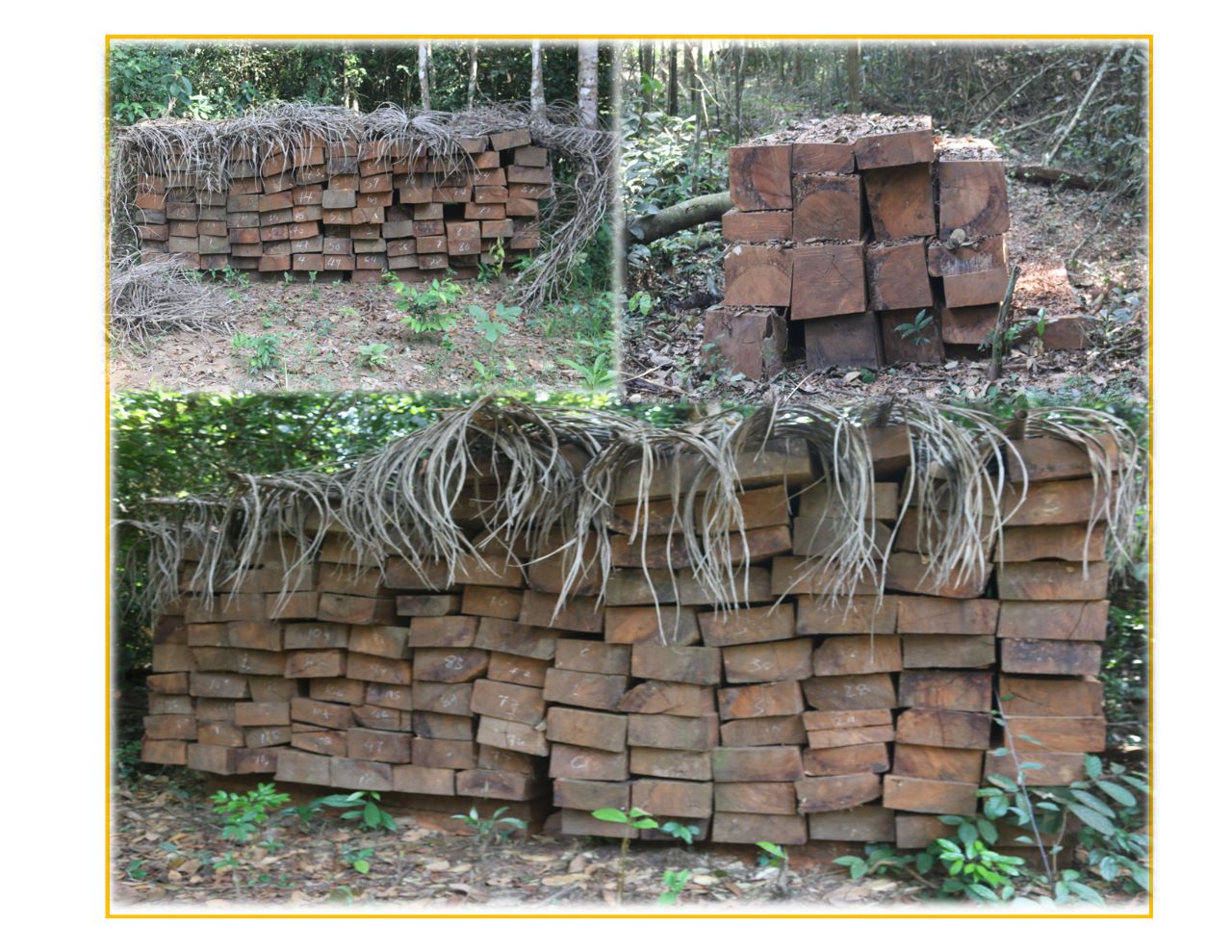

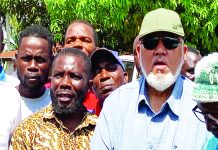
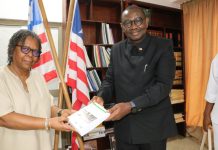
Facebook Comments